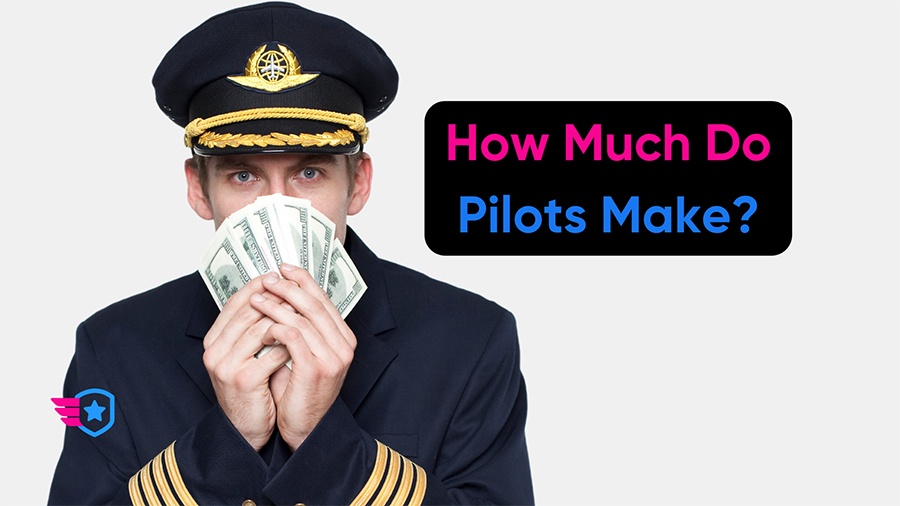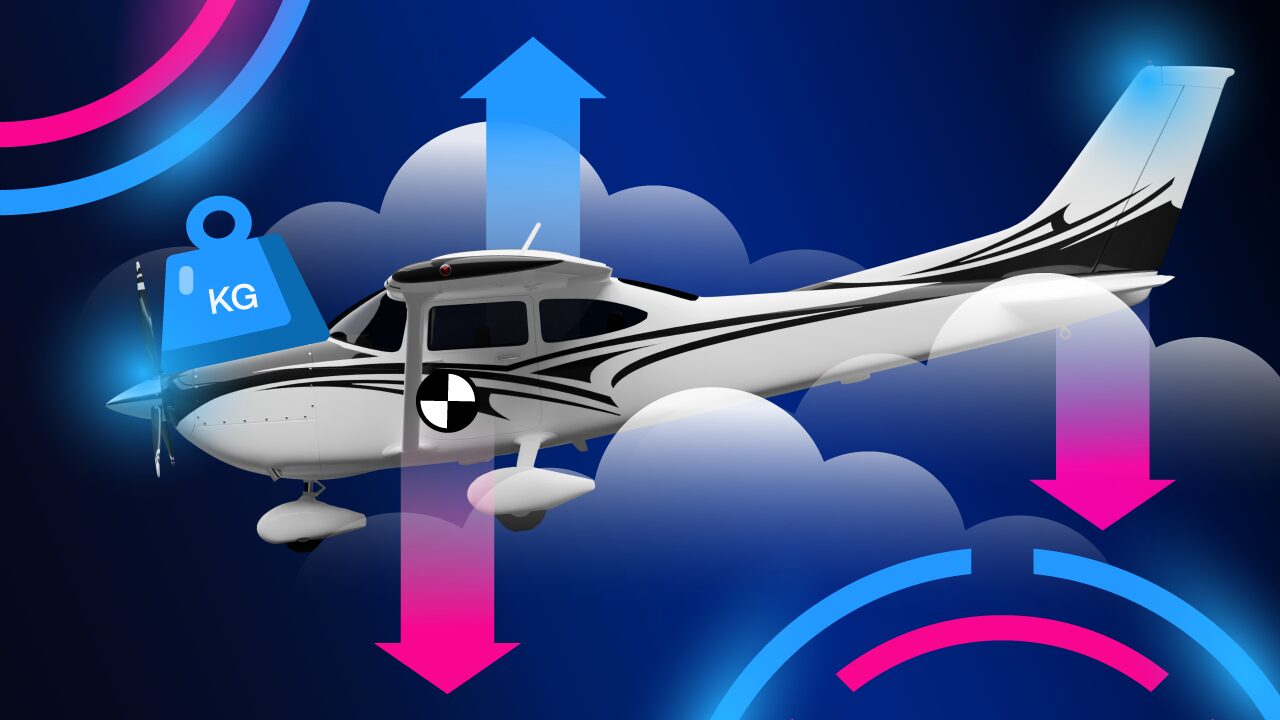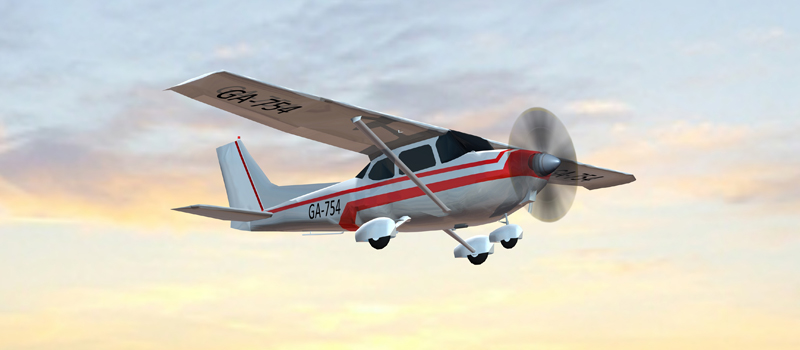-
Key Takeaways
-
Average Pilot Salaries
- Junior Pilots
- Mid-Career Pilot Salaries
- Senior Pilots
-
Types of Pilots and Their Salaries
- Commercial Airline Pilots
- Corporate Pilots
- Charter Pilots
- Cargo Pilots
- Flight Instructors
- Military Pilots
-
Factors Affecting Pilot Pay
- Experience
- Type of Aircraft
- Airline
- Location
- Type of Flight
- Unions
-
Extras and Perks
- Travel Benefits
- Retirement Plans
- Health Benefits
- Life Insurance
- Training Opportunities
-
Final Thoughts
Becoming a pilot is certainly a unique career choice, but what are the financial prospects?
In this article, we’ll explore the earning potential of pilots and delve into the factors that influence their salaries.
We’ll examine different types of pilots, from commercial airline pilots to flight instructors, and unpack the factors that determine their salary.
Key Takeaways
- The average salary of a pilot in the US is $134,630. The top 25% earn more than $208,000, and the bottom 25% earn less than $100,500.
- New pilots, such as flight instructors, typically earn $40,000 to $80,000 per year.
- First-year regional airline pilots can make over six figures, depending on the airline and location.
- With experience, pilots in roles like regional captains or major airline first officers can expect salaries of $80,000 to $150,000.
- At the top, senior captains flying wide-body aircraft on international routes can surpass $300,000 annually.
Average Pilot Salaries
Junior Pilots

Becoming a pilot is an adventure filled with anticipation. But let’s be clear: as a junior pilot, you’re not going to be raking in six figures right out of the gate.
Just like any career, aviation requires you to pay your dues, often starting with lower pay.
As a junior pilot, often in a role such as a flight instructor, you can expect to earn a salary in the range of $40,000 to $80,000 per year.
First-year regional airline pilots can make over six figures, depending on the airline and location.
It’s not luxury yacht money, but remember, you’re building crucial flight hours and gaining indispensable experience.
Moreover, these starting salaries vary greatly. For instance, flight instructors tend to be on the lower end of this pay spectrum. But if you’re in a first officer position with a regional airline, your starting salary could be a bit higher.
This may seem modest, but remember, your early career stage is an investment. You’re laying the groundwork for more substantial earnings as you gain experience, upgrade to captain, or potentially move to a major airline.
Plus, who can put a price on the view from the office window at 30,000 feet?
Mid-Career Pilot Salaries
With experience under your belt and a logbook filled with flight hours, you’ll transition from a junior pilot to a mid-career aviator.
During this phase, typically when you assume a captain’s role at a regional airline or become a first officer at a major airline, the financial rewards begin to materialize more substantially.
Mid-career pilots can expect to earn between $80,000 and $150,000 per year. The broad range is due to the variance in salaries between regional and major airlines, and the type of aircraft you’re licensed to fly.
Naturally, flying larger aircraft for major airlines generally correlates with higher pay.
While these figures represent a significant step up from the starting salaries, it’s essential to understand that they are averages.
Salaries can fluctuate based on several factors, including the specific airline, location, and number of flight hours under your belt.
Senior Pilots

Welcome to the major leagues! As a senior pilot, you’ve climbed the career ladder and now sit in the left seat as a captain at a major airline. It’s here where your earnings truly reach new heights.
Senior pilots, particularly those flying large, wide-body aircraft on international routes, can expect to earn between $150,000 and $200,000 per year.
The upper echelons of senior pilots, boasting decades of experience and coveted routes, can surpass $300,000 annually.
Keep in mind that these are average figures, and actual earnings can vary significantly based on factors like airline, aircraft type, and specific routes flown.
Nevertheless, as a senior pilot, your hard-earned experience translates into financial rewards, making the journey from junior to senior pilot worth the ascent.
Types of Pilots and Their Salaries
The world of aviation offers a variety of pilot careers, each with unique responsibilities, challenges, and corresponding salaries.
Commercial Airline Pilots
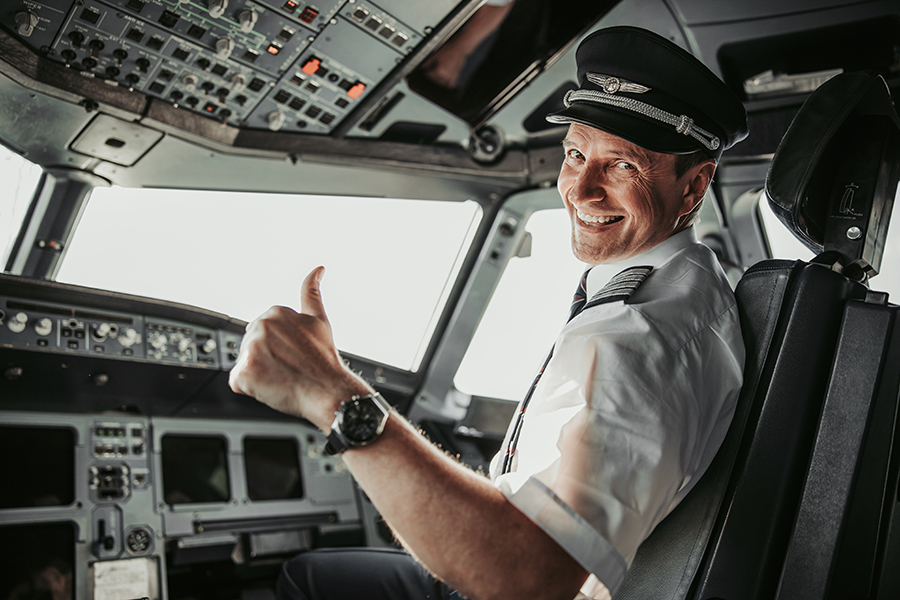
Piloting large passenger aircraft is often seen as the pinnacle of a flying career. Salaries vary significantly based on experience, with senior pilots at major airlines potentially earning over $300,000 per year.
Corporate Pilots
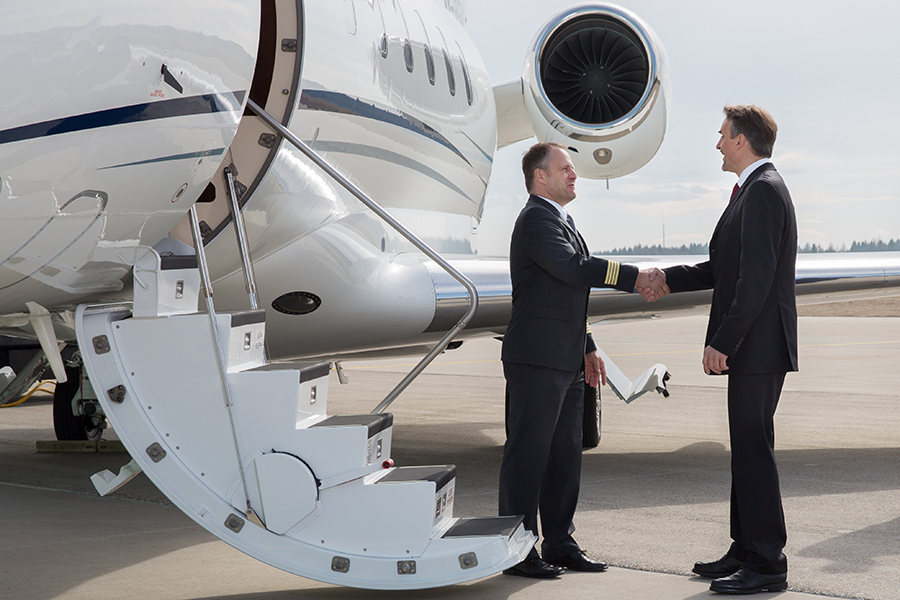
Flying for a corporation, whether on a small jet for business travel or a large jet owned by a major company, can be lucrative. Salaries often range from $70,000 to over $200,000, depending on the size of the aircraft and the corporation.
Charter Pilots
Charter pilots provide on-demand service for various clients. Salaries vary greatly based on the size and type of aircraft, ranging from around $60,000 to $150,000 per year.
Cargo Pilots
Flying cargo planes, especially for large operations like FedEx or UPS, can yield salaries similar to commercial airline pilots, particularly at the senior level.
Flight Instructors
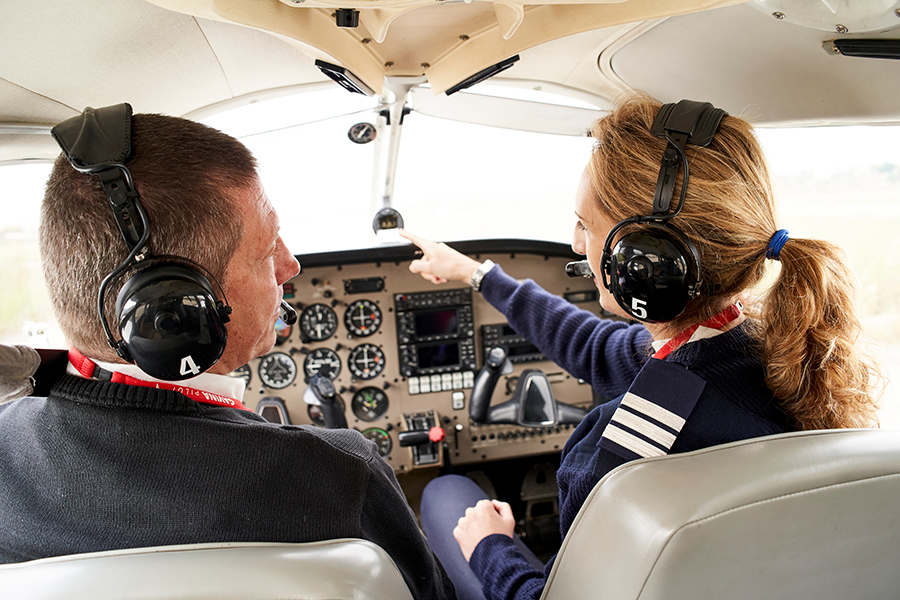
Flight instructors usually earn between $40,000 and $60,000 per year. While not the highest-paying job in aviation, teaching others to fly can be a fulfilling start to a pilot’s career.
Military Pilots
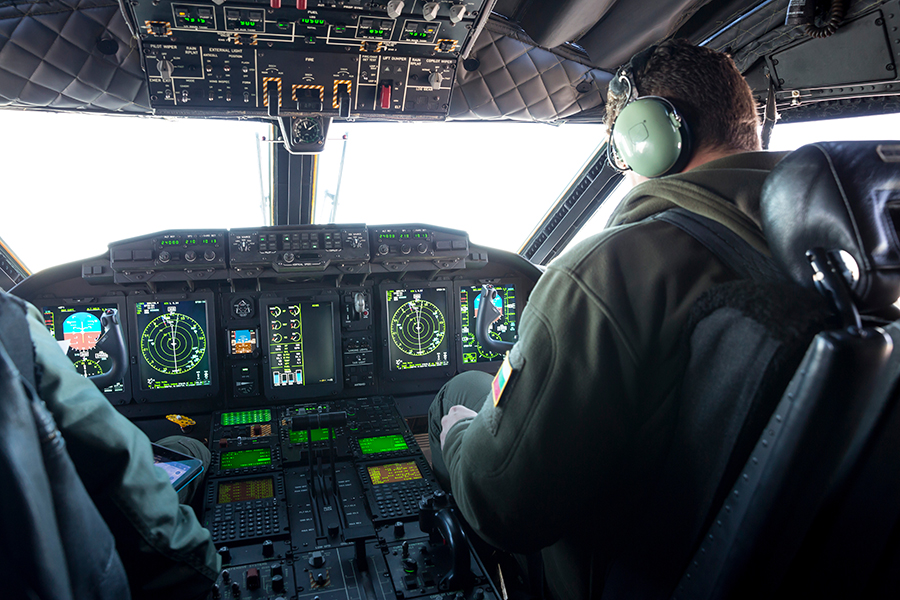
As a military pilot, you’ll likely earn less than your civilian counterparts.
While military pilot pay can start lower, it often includes various allowances and benefits (like free training). Plus, the priceless experience gained can lead to higher-paying civilian jobs down the line.
Remember, salaries can vary based on numerous factors, but each path offers the potential for financial growth and personal satisfaction.
Factors Affecting Pilot Pay
Experience
Pilots with more years of experience, more flight hours, and advanced ratings or certificates usually earn more. A junior first officer’s salary differs greatly from a senior captain’s, for example.
Type of Aircraft

Larger aircraft often mean bigger paychecks. Wide-body jets require more skill to operate, so pilots of these aircraft usually earn more than their counterparts in smaller airplanes.
Airline
Pay can vary significantly from one airline to another. Major airlines usually pay more than regional ones, but some budget airlines may pay less than both.
Location
Pilots in countries with a high cost of living or those flying popular international routes often earn more. Additionally, airlines in big cities might pay more than those in smaller markets.
Type of Flight
Pilots on international, long-haul flights often earn more than those flying domestic or short-haul flights due to the complexity and length of these journeys.
Unions
Pilot salaries are often governed by union contracts, which can result in higher pay and better benefits.
Extras and Perks
The financial aspect of a pilot’s career isn’t just about the paycheck. There are also a number of extras and perks that can significantly sweeten the deal. Let’s check out a few.
Travel Benefits
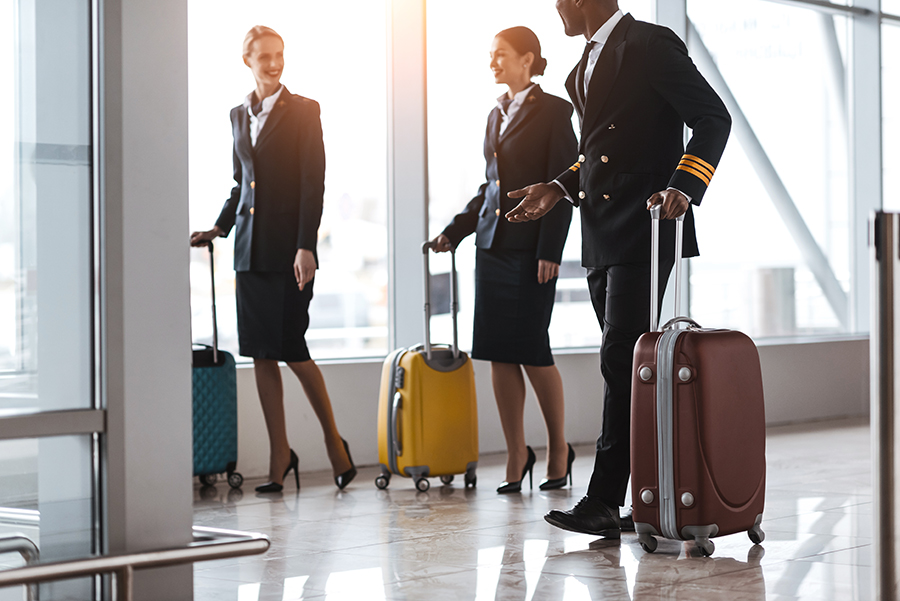
One of the most appealing perks for pilots is the travel benefit. Most airlines offer free or heavily discounted flights for their employees and immediate families. Some even extend these benefits to friends.
Retirement Plans
Many airlines offer generous retirement plans. Depending on the airline, these can include 401(k) matching, profit-sharing plans, or defined benefit pension plans.
Health Benefits
Comprehensive health, dental, and vision insurance are usually part of the package, often with premium coverage options.
Life Insurance
It’s common for pilots to receive life insurance policies as part of their compensation package, providing financial security for their families.
Training Opportunities
Airlines often provide continuous training and professional development opportunities, which can be a stepping stone for career advancement.
Final Thoughts
The financial prospects for pilots vary significantly across the different stages and types of pilot careers, with factors such as experience, aircraft type, airline, and location heavily influencing pay.
From starting as a flight instructor to reaching a senior captain position, the pay scale widens dramatically, supplemented by attractive perks like travel benefits and health coverage.
While the journey to the cockpit requires considerable effort, the financial rewards and the unbeatable view make it a worthwhile endeavor.
